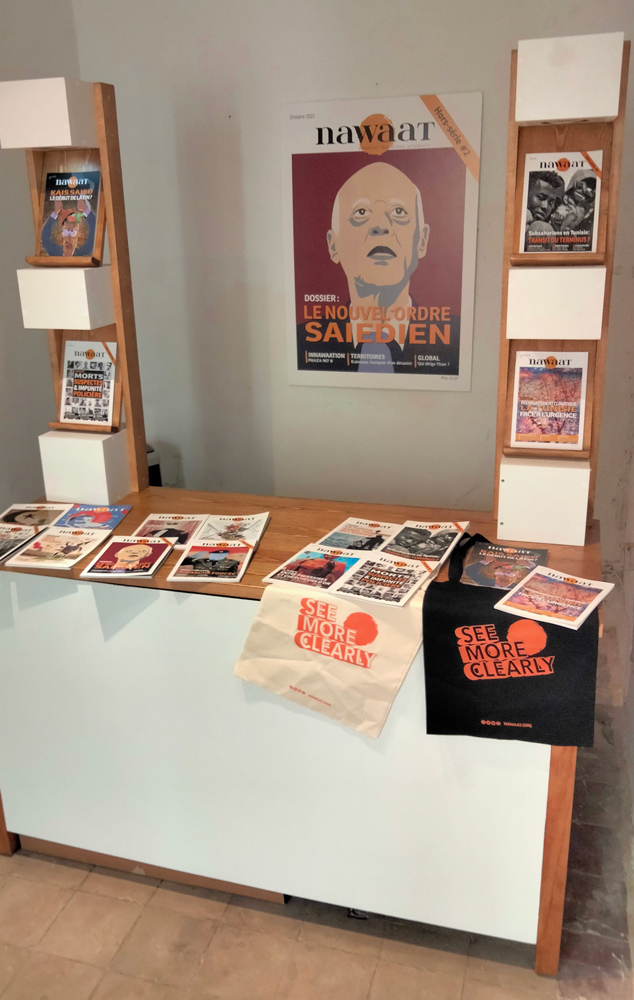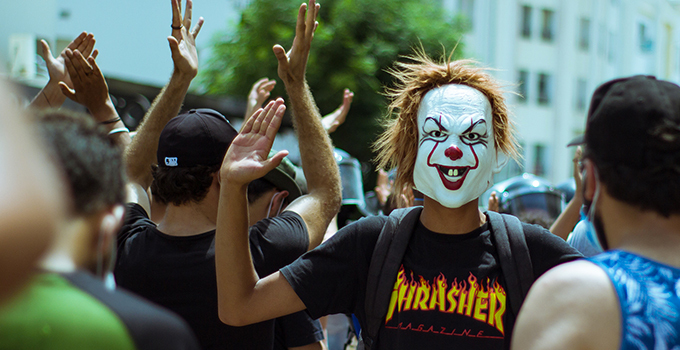The agitation that a democratic model allows represents a prompt for open, substantial discussion, create space for questions to form and answers to be formulated, for awareness to shift and public opinion to fluctuate and controversy to take its course … For over a decade, Nawaat has been a platform many of whose contributors are quick to question, criticize, and call out the Tunisian and foreign governments for hypocrisy, complicity, exploit, corruption…the very symptoms of defective governance that were renounced by youth and activists and journalists of the so-called Arab Spring, the same individuals whom Western democracies and international agencies have so effusively commended for their courage and commitment to changing the status quo. And so inevitably it feels like something of a betrayal when requests for more specific information and questions regarding political motives are consistently held at bay, excluded from discussions, or, most conveniently, ignored.








